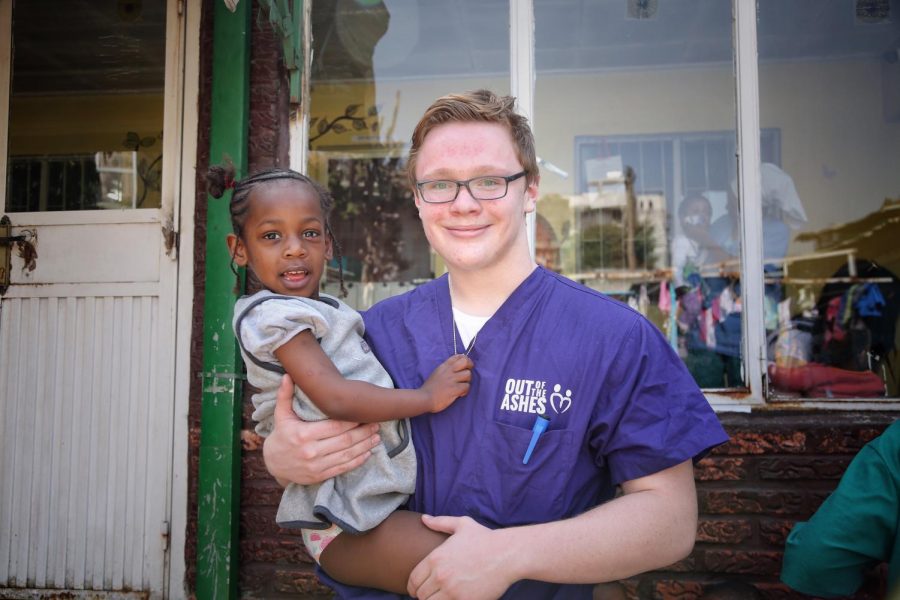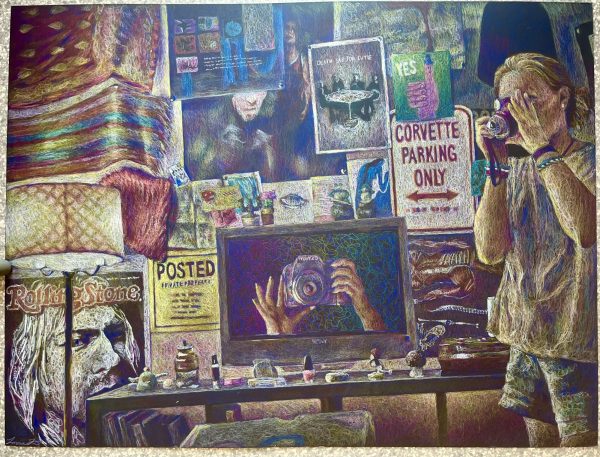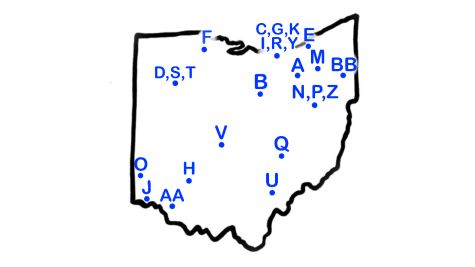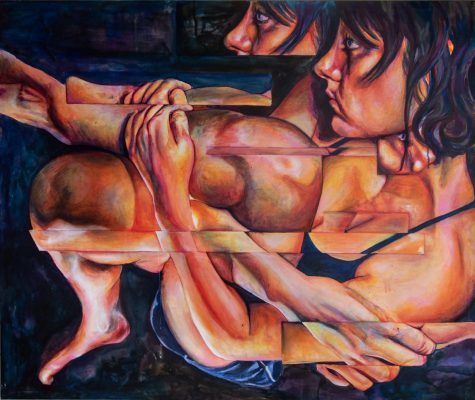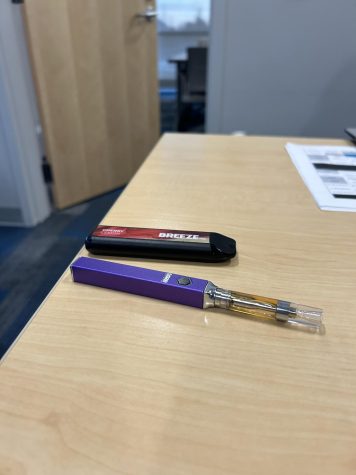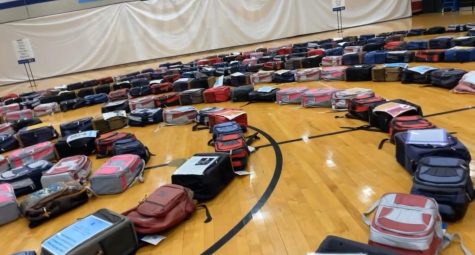Students travel to Ethiopia to provide medical services to underprivileged communities
In the clinic things are hectic. Outside, hundreds of Ethiopians wait hours for the American doctors to see them. Some even try to sneak in. A man, who looks much different than everyone else, walks in. He has tree man syndrome, a rare disease characterized by the uncontrolled growth of warts on the hands and feet. The man has had the condition for years, but this is the first time he has come to doctors for help. There is little the doctors at the clinic can do for him. All they can do is give him some medicine that might help and refer him to a specialist in the city.
On January 25, 2018, I traveled to Addis Ababa, Ethiopia for eight days on a short-term mission trip. I went with the organization Out of the Ashes on a “White Coat Brigade,” which is their term for a medical mission. For six days we set up clinics and traveled to schools and orphanages to treat the people of Addis Ababa.
In the town of Korah, the organization does most of its work. Korah is a small city in Ethiopia, where hundreds of thousands of people live. Henok Berhanu, a citizen of Addis Ababa, explained how Korah became a city.
“The main reason it was established was to be away from other communities because it was the community for lepers. It was thought that leprosy was a curse, so they sent the people to Korah. . . . Until seven years ago when I started working in Korah I didn’t know the community existed,” Berhanu said.
In the center of Korah lies a trash dump that stands hundreds of feet high. Last year there was a trash landslide which killed about 500 people. After the slide many people lay buried in their homes for days before they died, calling for help on their cellphones. Out of the Ashes Executive Director Stacy Segebarth, described her least favorite memory as the first time she visited the trash dump. At the top of the trash dump, hundreds of Ethiopians wait for a fresh load of trash to come in from Ethiopian airlines or the Sheraton hotel. The people of Korah walk around eating the “trash” that tourists would not eat on the flights.
Korah is the city where Out of the Ashes set up their clinic. Each day, patients from the community would come in, sometimes with diseases we have never seen. The Ethiopians received word of American doctors coming to town and believed these doctors could fix anything. Men with leprosy, polio and tree man syndrome came in expecting to be cured. This belief that Americans could do anything led to an extreme placebo effect. One woman came in complaining of crying when she read the Bible. We gave her simple lubricating eye drops and when she came back the next day, she explained that her problem was fixed.
The mission not only helped the people of Ethiopia, it helped the missionaries as well. The mission gave a sense of perspective that could not be replicated to those who went. A general pediatrician, Jack T. Hopkins said the trip gave him an “appreciation for how good we have it in the West, particularly the United States.”
The trips help many of the medical personnel on the trip improve the care they can offer back in America. Rachel Taylor, a registered nurse in the states, spoke about how the mission helps her provide better care back home.
“It recalibrates you and makes you able to take better care of your patients when you get back home,” Taylor said.
The Ethiopians show a tremendous amount of gratefulness to missionaries. They see the medicine provided to them as a gift from God. Berhanu spoke about how grateful he was for what the missionaries do in the community.
“We are so thankful for people [that] come all the way here to love on us and love on the community and be the hands and feet of Christ, and I think a lot of others feel the same way,” Berhanu said.
The trip made those who went feel like they had made lasting change in the community.
“There’s really no comparison to the feeling you have when you feel like you have helped another person through their medical problems,” Taylor said.
Everyone on the trip said that they would recommend a mission trip to anyone who had the opportunity. Senior Nolan Printy, the friend who invited me on this trip, gave advice to anyone considering going on a mission trip.
“I would highly recommend [short term missions]. I think the experience is well worth it. You gain a lot for yourself while helping others,” Printy said.
I believe that going on a short-term mission trip is an incredible experience for someone to go on, and I recommend it. If one feels called to make a difference, a short-term mission with the right organization is just the way to do that. If someone would like to help the people of Korah, there are a few ways to do so. To sponsor an Ethiopian child or just donate to an organization working in Ethiopia one can visit www.outoftheash.org. There are also many businesses in Korah created to employ the people of Korah. Carry 117 is a bag-making company started by Henok Berhanu that employs jobless women in Korah. To purchase a bag from Carry 117 or to donate visit www.carry117.com.

